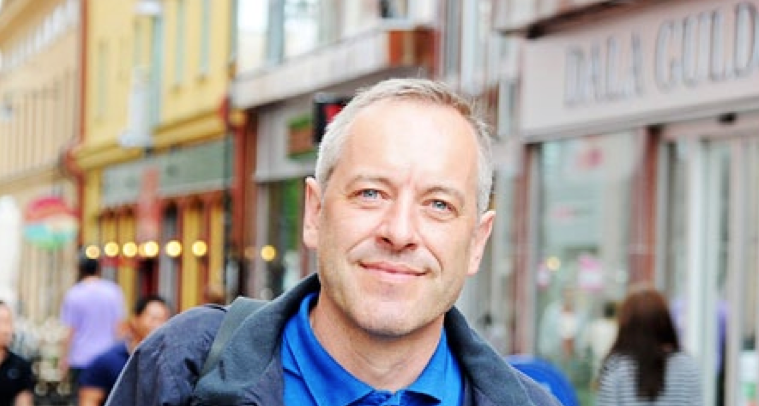If Mayors Ruled the Globe
This year’s edition of the World Forum for Democracy – a select gathering that drew leaders, opinion makers, civil society activists and others to Strasbourg, France in November – was entitled, ”Freedom vs control: For a democratic response.”
It took place in the aftermath of a series of terrorist attacks in Beirut, Bamako and Paris. This did not prevent representatives of governments, parliaments, academia and civil society representatives to launch – together with the Council of Europe – a new global initiative for a network of participatory cities and regions.
The medieval streets of Strasbourg, capital of the Alsace region and home to the European parliament, were filled with armed and camouflaged soldiers.
At border checkpoints in northeastern France bordering Germany, strict controls slowed down the movement of people. And within the Palais de l’Europe, the gigantic conference venue, surveillance cameras scanned everyone and everything.
Meanwhile, the official debates in the plenary provided insights into the helplessness of many leading politicians around the world when it comes to threats from the death-defying, radical few.

Learning from Norway, not America
During the opening session, Jacob Appelbaum, an American journalist and computer security researcher, questioned the traditional ways of responding to wars. ”I encourage you to learn from the mistakes of my country,” he said. “By using violence to fight the terrorists, we feed what they are looking for – more violence.“
Appelbaum recalled the Norwegian response to its own terrorist trauma back in 2011, when Anders Behring Breivik killed 69 mostly young people. “Norway decided that they would choose a path of more democracy,“ he said. We should look to that. We should not follow the American example, we should follow the Norwegian example of more democracy and not violence.“
But what does “more democracy” mean at times of religious extremism, climate emergency and economic turmoil? The World Forum for Democracy offered a very interesting answer: It means to develop citizens’ power at the subnational level, in local and regional communities.
Representatives of 16 cities – Amsterdam, Arnsberg, Bolton, Bonn, Bucharest, Falun, Ghent, Katowice, Lisbon, Montreal, Madrid, Neapoli-Sykies, Nis, Palermo, Paris and Reykjavik – described ways to let citizens be counted not just on election day but every day, as one participant put it.
In Katowice, residents recently gained the ability to go online to interact with and influence Polish decision-makers. “Currently we run a participatory budgeting process, online consultations on social issues and electronic town hall meetings with our mayor,” said Ewa Gajewska, speaking for city hall.There also is a public support team available for active citizenship. Reykjavik, too, has adopted a policy of letting people set the agenda through a web-based tool.
Incubator for participation
The Council of Europe is working on a new local democratization tool as a so-called “incubator for participation”. It will be a toolkit of participatory methods, technologies and experiences available to interested cities and regions worldwide. As a first step the Strasbourg forum also invited democracy innovators from many countries to share their best ideas and experiences with the local representatives during a “hackathon”, a one-day collective learning process.
In his recent book, “If Mayors Ruled the World”, political scientist Benjamin Barber described how local approaches to complex and transnational issues are gaining traction. He argues that nations are paralyzed by the most perilous changes of our time, ranging from climate change to poverty, leaving cities and the mayors that run them as the best new forces of good governance.
In Strasbourg, more than 50 participants from around the world supported the idea of establishing a global network of so-called participatory cities and regions in 2016. This was based on a proposal made earlier this year at the 2015 Global Forum on Modern Direct Democracy in Tunis. It will be the work of the direct democracy conference to be held in Spain next year to establish this new network.

In compliance with the JTI standards
More: SWI swissinfo.ch certified by the Journalism Trust Initiative

You can find an overview of ongoing debates with our journalists here. Please join us!
If you want to start a conversation about a topic raised in this article or want to report factual errors, email us at english@swissinfo.ch.